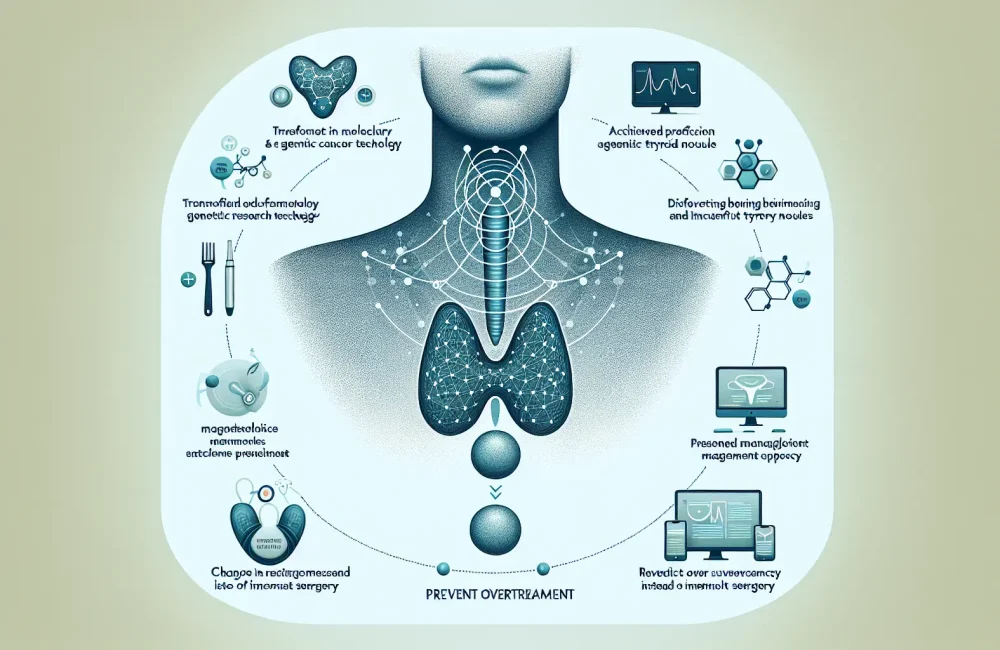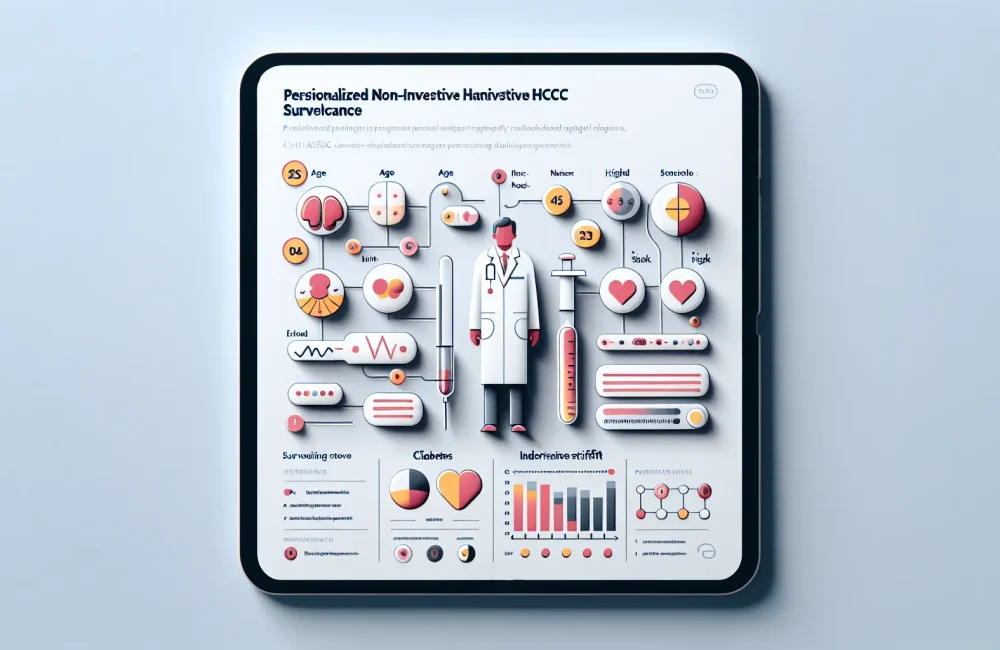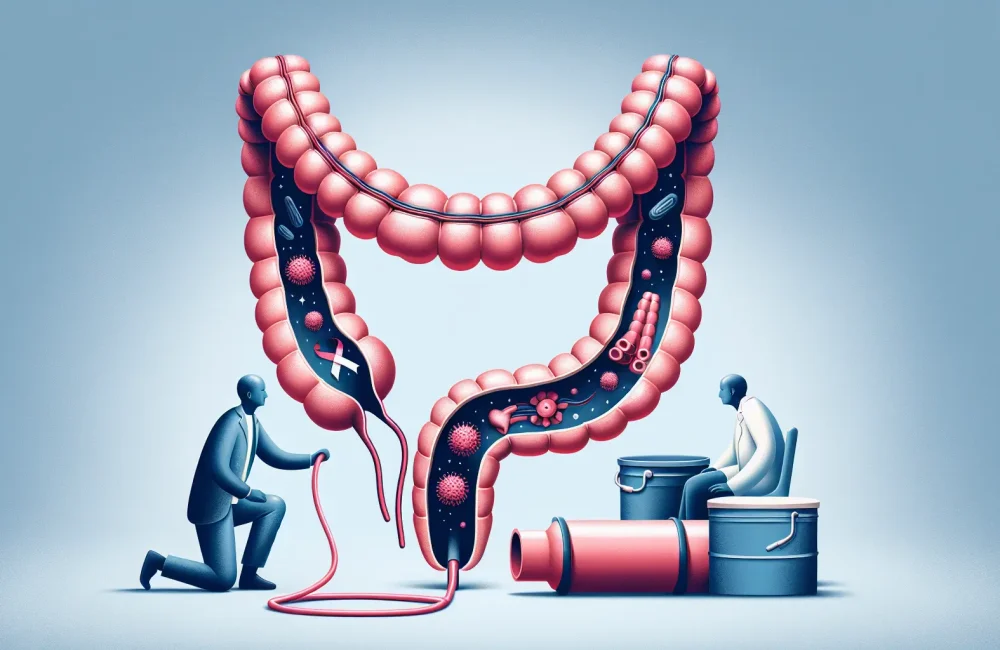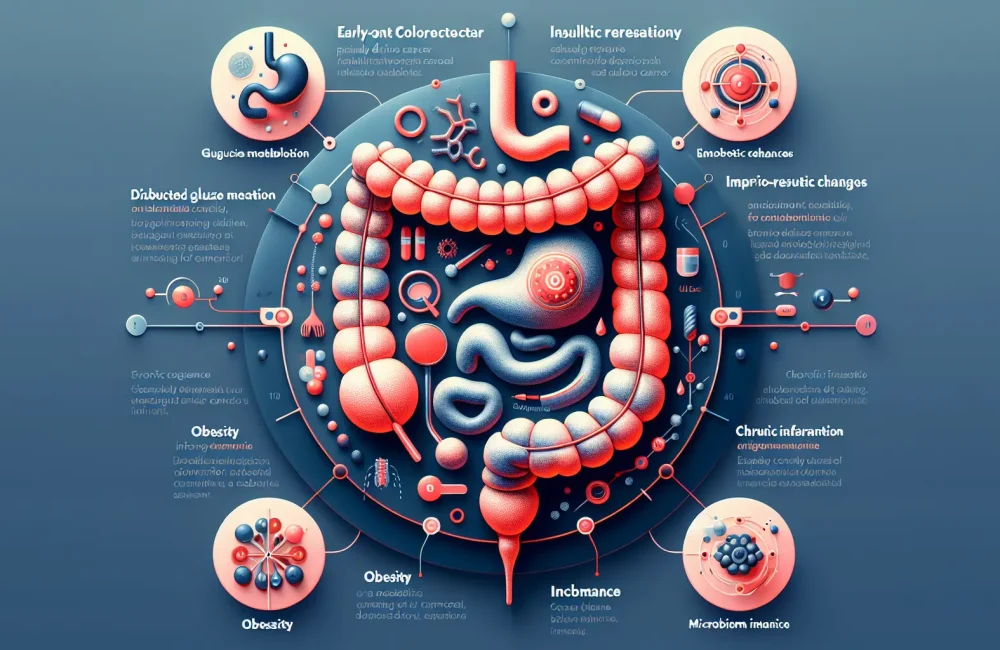By CAFMI AI From JAMA
The Debate Over Cancer Terminology
Medical experts are actively debating whether certain conditions currently labeled as cancer should continue to carry that designation. This controversy arises from recent research revealing that some tumors grow slowly, remain non-invasive, and may never cause harm during a patient’s lifetime. Such findings challenge the traditional view of cancer as an invariably aggressive disease needing immediate intervention. Labeling these indolent tumors as cancer can lead to significant overdiagnosis and overtreatment, subjecting patients to unnecessary stress, anxiety, and exposure to potentially harmful treatments that may not improve their quality of life or survival. This debate is particularly relevant for clinicians who grapple with patient counseling and treatment decisions in everyday practice.
Clinical Implications and Specific Examples
The debate about cancer terminology extends directly into clinical decision-making, particularly for types such as certain prostate and thyroid cancers. These cancers often have an indolent course and low mortality risk, prompting experts to argue that changing their diagnostic labels could alleviate patient anxiety and reduce the frequency of aggressive treatments, such as surgery or radiation. For example, some low-risk prostate cancers may be labeled as “indolent lesions of epithelial origin,” which helps clinicians adopt a more conservative management approach such as active surveillance rather than immediate intervention. However, concerns remain about how such terminology changes might impact patient understanding, insurance coverage, and treatment adherence. Clinicians should therefore communicate clearly about risks and benefits and consider individual patient factors while incorporating evolving terminology into their practice.
Potential Benefits and Challenges in Renaming Cancer
Renaming certain tumors to remove the cancer label could reduce the psychological burden on patients and prevent unnecessary treatments that carry significant side effects. It supports a more personalized medicine approach where treatment intensity is matched to the actual risk posed by the tumor. Nonetheless, challenges include ensuring clear communication so that patients do not underestimate risks, potential confusion in medical records, and possible insurance or legal implications. The medical community will need to carefully weigh these pros and cons, develop guidelines for terminology changes, and educate both healthcare providers and patients to optimize outcomes.
Read The Original Publication Here






